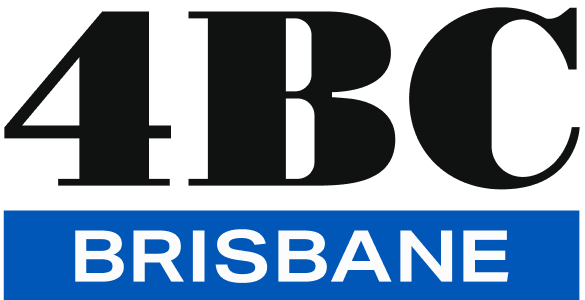The life and legacy of Ronald Reagan
Michael talks to Kim Hoggard, White House Assistant Press Secretary for President Ronald Reagan & Deputy Assistant Secretary of Treasury for Public Affairs during the second term of the Reagan administration, about the life and legacy of Ronald Reagan on the anniversary of his birthday.
Ronald Wilson Reagan (February 6, 1911 – June 5, 2004) served as the 40th president of the United States from 1981 to 1989 and became a highly influential voice of modern conservatism.
Prior to his presidency, he was a Hollywood actor and union leader before serving as the 33rd governor of California from 1967 to 1975.
In 1980, Reagan won the Republican presidential nomination and defeated the incumbent president, Jimmy Carter.
At 69 years, 349 days of age at the time of his first inauguration, Reagan was the oldest person to assume the U.S. presidency, a distinction he held until 2017, when Donald Trump was inaugurated at age 70 years, 220 days.
Soon after taking office as president, Reagan began implementing sweeping new political and economic initiatives.
His supply-side economic policies, dubbed “Reaganomics”, advocated tax rate reduction to spur economic growth, economic deregulation, and reduction in government spending.
In his first term, he survived an assassination attemp, spurred the War on Drugs, and fought public sector labour.
Over his two terms, the economy saw a reduction of inflation from 12.5% to 4.4% and an average real GDP annual growth of 3.4%.
Foreign affairs dominated his second term, including ending the Cold War, the bombing of Libya, the Iran-Iraq War and the Iran-Contra affair.
When Reagan left office in 1989, he held an approval rating of 68%, matching those of Franklin D. Roosevelt and he was the first president since Dwight D. Eisenhower to serve two full terms after the five prior presidents did not.
Download this podcast here















